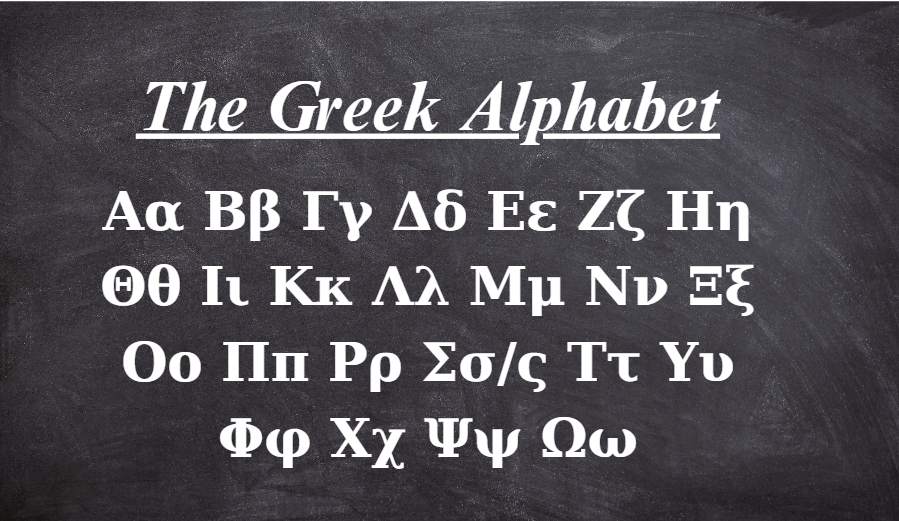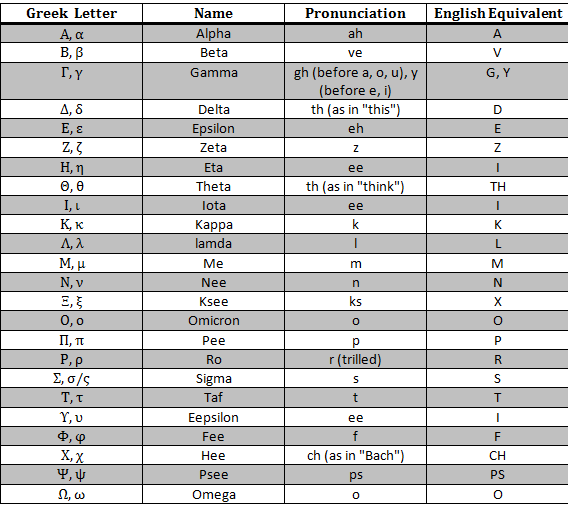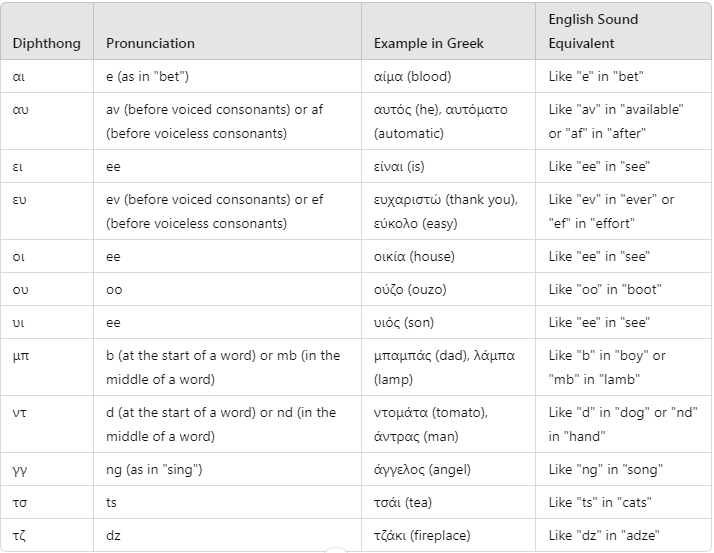
The Greek alphabet is the foundation of the Greek language, and learning it is the first step towards understanding both modern and ancient Greek. With 24 letters, it may seem daunting, but with the right approach, mastering the Greek alphabet can be both manageable and enjoyable. This guide will walk you through the essential steps of learning the Greek alphabet, complete with pronunciation tips and techniques to make the process easier.
1. Understanding the Greek Alphabet: A Brief Overview
The Greek alphabet has been in use for over 2,500 years and forms the basis for not only Greek but also several other writing systems, including Latin and Cyrillic. It is used in both ancient and modern contexts, so learning it opens up a wide range of cultural, historical, and linguistic doors.
In modern Greek, there are 24 letters, consisting of 7 vowels (α, ε, η, ι, ο, ω, υ) and 17 consonants (β, γ, δ, ζ, θ, κ, λ, μ, ν, ξ, π, ρ, σ/ς, τ, φ, χ, ψ). Here’s a quick look at the alphabet and how it compares to the Latin alphabet we are more familiar with:

2. Learning the Pronunciation
Correct pronunciation is essential for mastering the Greek alphabet. The good news is that many Greek letters correspond to familiar sounds in English. However, there are a few key differences and specific rules to be aware of:
- Vowels: Greek has both short and long vowels. For instance, Alpha (Α) is pronounced “ah” as in “father,” while Omicron (Ο) is pronounced like the “o” in “pot.” Be sure to distinguish between them as they can change the meaning of words.
- Consonants: Some Greek consonants differ from their English counterparts. For example, the letter Beta (Β) is pronounced “ve” in modern Greek, not “b” as in English. Similarly, Delta (Δ) sounds like the “th” in “this,” and Gamma (Γ) has a guttural “gh” sound.
- Diphthongs: Greek has combinations of vowels known as diphthongs. These are two vowels that blend to form a single sound, such as “αι” (pronounced like the “e” in “bet”) and “οι” (which sounds like “ee”). Getting comfortable with these diphthongs is important for smooth pronunciation.

Watch this video on the Greek alphabet pronunciation: https://www.youtube.com/watch?v=28yu1PFc438
Key Notes:
- αι and ει are both pronounced like “e” or “ee,” but their usage depends on the word’s etymology.
- ευ and αυ can change pronunciation based on the consonant that follows them (voiced or voiceless).
- Diphthongs like ου always have a long “oo” sound, like in “boot.”
Practice Tip:
A good way to practice pronunciation is by listening to native Greek speakers or using language apps that offer audio examples. Reading out loud while referencing audio can help reinforce the correct sounds.
3. Memorization Techniques
Now that you understand the letters and their pronunciation, the next step is memorization. Here are some effective ways to commit the Greek alphabet to memory:
- Flashcards: Create a set of flashcards with the Greek letter on one side and its name and pronunciation on the other. Review these cards daily to build recognition.
- Mnemonics: Develop memory aids to help remember the letters. For example, you might associate Alpha (Α) with “Apple” to remember its “ah” sound. Similarly, you could link Beta (Β) with the word “Vase” to remember the “ve” sound in modern Greek.
- Writing Practice: Practice writing each letter repeatedly. Start with uppercase letters and then move on to lowercase. Writing helps solidify the visual shape of the letters and improves recall.
- Songs and Rhymes: Just like children learn the English alphabet through songs, the same technique can be used for Greek. Search for Greek alphabet songs online or create your own rhythmic chant to help with memorization.
4. Understanding the Context: Ancient vs. Modern Greek
When learning the Greek alphabet, it’s important to know whether your goal is to learn modern Greek or ancient Greek, as there are differences in pronunciation and sometimes even usage.
- Modern Greek: In modern Greek, some letters have evolved in pronunciation compared to their ancient counterparts. For example, Beta (Β) is pronounced as “v” in modern Greek, while in ancient Greek, it was a hard “b” sound. Similarly, Delta (Δ) is “th” as in “this” in modern Greek but used to be pronounced as a “d” in ancient Greek.
- Ancient Greek: If you are studying ancient Greek, you will likely encounter different rules for pronunciation. Ancient Greek is more complex and less intuitive for speakers of modern languages, but learning the modern Greek alphabet first can be a useful foundation for those wanting to explore classical texts.
Understanding the difference between these two forms of Greek will help you make sense of variations in pronunciation and grammar as you advance in your studies.
5. Practical Tips for Continued Learning
Once you’ve learned the Greek alphabet, it’s important to maintain and build on your knowledge. Here are some tips for progressing:
- Daily Practice: Like any language, consistency is key. Set aside a few minutes each day to review the letters and practice writing or reading simple Greek words.
- Greek Language Apps: Utilize language-learning apps like Duolingo, Memrise, or Anki to reinforce what you’ve learned. Many apps offer exercises specifically designed for mastering alphabets.
- Read Simple Greek Texts: Once you feel comfortable with the alphabet, try reading simple Greek phrases, signs, or children’s books. This will help improve your letter recognition and pronunciation.
- Engage with Greek Culture: Immerse yourself in Greek language and culture. Watch Greek movies with subtitles, listen to Greek music, or follow Greek news. Exposure to the language in its natural context will deepen your understanding and retention.
Conclusion
Learning the Greek alphabet is an exciting and rewarding endeavor. Whether you’re studying modern or ancient Greek, mastering the alphabet is the first step towards unlocking a rich linguistic and cultural heritage. With patience, practice, and the right techniques, you’ll find that the Greek alphabet is not only accessible but also a fun challenge.
As the famous Greek philosopher Aristotle once said, “The roots of education are bitter, but the fruit is sweet.“ By dedicating yourself to learning the Greek alphabet, you’re planting the seeds for deeper knowledge and understanding of the Greek language.
For those looking for a chat assistant to further help in their Greek language learning journey, check out https://hix.ai/chat, an excellent alternative to ChatGPT with more personalized tools.
